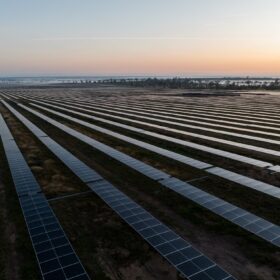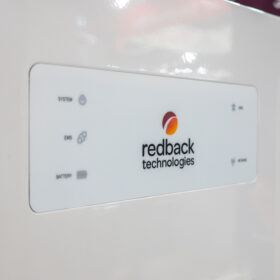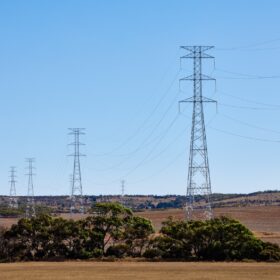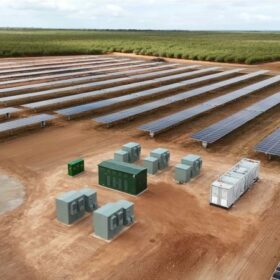The emergence and growth of Corporate Renewable Power Purchase Agreements (Corporate PPAs) has been one of the major changes to the market for large-scale renewable energy. Since 2017, BRCA estimate there have been at least 110 Corporate PPAs negotiated, contracting over 4 GW of renewable energy generation.
In its annual survey of market participants, the BRCA has gained key insight into the current state of the PPA market in Australia. Dr Chris Briggs lead author and Technical Director of the BRCA noted, that: “In the context of low wholesale electricity prices and an industry slowdown, industry was positive about Renewable Energy Zones having a positive impact on Corporate PPAs. There have been questions as to whether the REZs might ‘crowd out’ corporate PPAs (as projects sign up for a strike price with government and/or PPAs with retailers returning to the market). However, around 60% of developers and 70% of service providers expect the REZs to increase corporate PPAs.”
The report also found that one of the key factors underpinning the resilience of the Corporate PPA market is the emergence of sustainability buyers as the key market cohort. Whilst the loss of demand amongst some buyers due to flat wholesale electricity prices has been observed, almost two-thirds of buyers in the BRC-A survey for two years running nominated non-price drivers for their interest in PPAs.
Amongst survey respondents, there is significant on-going demand for Corporate PPAs. For buyers pursuing a PPA, the range of demand is estimated to be 420 MW and for buyers interested in a PPA the range of demand peaks at 60 MW.
Under Corporate PPAs, governments and businesses agree to buy electricity and/or green certificates from renewable energy projects at a fixed price. For buyers, PPAs are a way of hedging electricity costs, reducing emissions and potentially achieving bill savings. For renewable energy projects, a PPA gives them revenue certainty to secure finance for construction.
Darren Miller, ARENA, CEO, noted the healthy volume of PPA buyers was testimony to the continuing paradigm shift towards renewable energy procurement via the Australian Corporate PPA market.
In a difficult environment, it’s a terrific result which highlights the on-going importance of Corporate PPAs in Australia’s energy transition. What the State of the Market report also shows is the resilience of Corporate PPAs – there is demand from large and smaller buyers and retailers are developing products and offers to grow the market. We can expect Corporate PPAs to continue to drive demand for renewable energy”, said Mr Miller.
Some of the other findings in the State of the Market Report included:
- QLD was the leading state for Corporate PPAs in 2021
- The national survey found price is the most important factor for buyers when selecting a PPA – but that community and social benefits such as local jobs and infrastructure are growing in importance for buyers (and more important than recognised by project developers)
- The market has consolidated into two major segments – wholesale PPAs directly with projects for larger buyers and retail PPAs intermediated by a retailer for mid-sized buyers
- Even as the market develops, Corporate PPAs remain a challenging undertaking with most buyers and developers rating the difficulty high or very high but transaction costs are rated moderate to high.
- The major barriers to PPA execution are internal to buyer organisations: understanding PPAs and internal processes including business case and building organisational support.
- PPAs still take time: for 60 per cent of buyers the process was longer than 18 months.
The Business Renewables Centre Australia is the leading source of independent advice and information on Corporate Renewable PPAs. It is convened by Climate-KIC Australia, Institute for Sustainable Futures (UTS) and WWF Australia. BRC-A is supported through funding by ARENA, the NSW, Victorian and Queensland Governments.
Download the full report here.






By submitting this form you agree to pv magazine using your data for the purposes of publishing your comment.
Your personal data will only be disclosed or otherwise transmitted to third parties for the purposes of spam filtering or if this is necessary for technical maintenance of the website. Any other transfer to third parties will not take place unless this is justified on the basis of applicable data protection regulations or if pv magazine is legally obliged to do so.
You may revoke this consent at any time with effect for the future, in which case your personal data will be deleted immediately. Otherwise, your data will be deleted if pv magazine has processed your request or the purpose of data storage is fulfilled.
Further information on data privacy can be found in our Data Protection Policy.